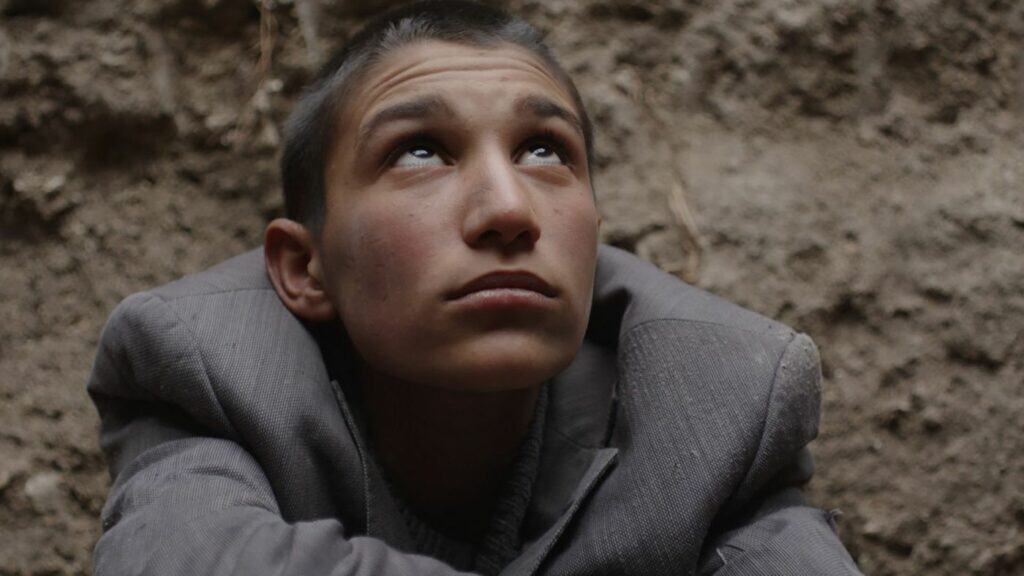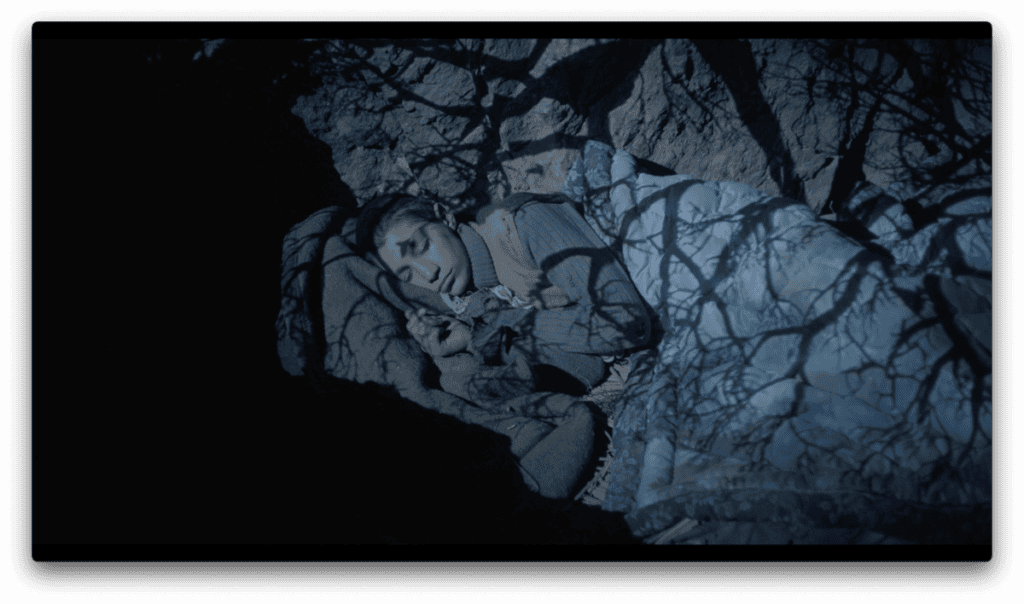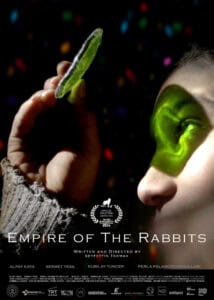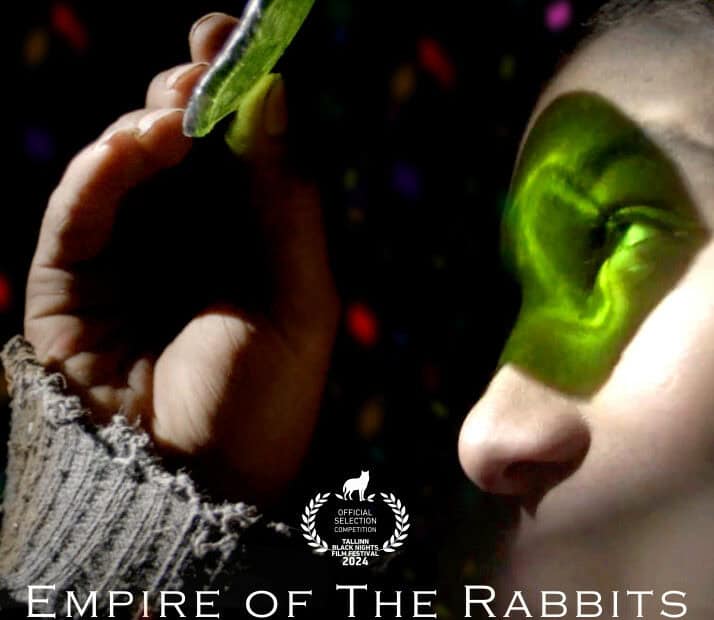Empire of the Rabbits (Tavşan İmparatorluğu) is the latest film by Eyfettin Tokmak. The director has also worked extensively for the benefit of children, participating in the work of the UN International Organization for Migration to help child refugees and conducting short film courses in juvenile prisons, and could be described as an activist. Young Musa, a young boy, lives with his father, Beko, in a rural area of Turkey. Beko becomes drawn to the possibility of obtaining a government-issued disability pension for Musa. To achieve this, Beko must procure a medical report verifying his son’s alleged “disability”. Musa learns how to fake a disability with the assistance of Nergis, a girl of the same age.
Who runs the Empire of the Rabbits?
Beko is also involved in illegal hound dog races where live rabbits are used as prey, so his criminal status is more than evident. Musa is depicted as a kind soul who frees the rabbits from his father’s traps. He hides them in a secret cave, which also happens to boast an interesting visual treat with reflections that produce a beautiful, and not least, cinematic effect. The film, as described, might sound plot-driven, but that is actually the film’s least interesting aspect.1Somewhat surprisingly, the film won the award for Best Screenplay. The film’s most notable asset is rather Claudia Becerril Bulos’ lensing. Empire of the Rabbits is supremely well shot, not only concerning the shots set in a well.

It is abundantly clear who the perpetrators and the victims are, and the animals work as tools for excessive symbolism. Musa and Nergis become little more than representatives for disrupting the cycle of corruption and cruelty. Two Hungarian films came to my mind, but for different reasons. Diana Groo’s Vespa (2010), which depicts the treatment of Roma people in Hungary, and in a distinct manner, some critics‘ reactions to Kornél Mundruczó‘s Jupiter’s Moon (2017). Some reviews age less well than others.
The storyline ties into several cases in Western Europe, not least Sweden, where lax laws make it easy for criminals coming to the country to set up fraudulent businesses, robbing the state of millions of Euros. A sentence was delivered in such a case just a few days ago. Tokmak’s film feels like a tad too activist, with too many people seeming to be victims without any agenda. In that regard, it feels more like a film from 2014 than 2024, when a number of similar scams have been exposed. It is a film that is bound to travel the festival route and, without doubt, cause plentiful reactions on the way, depending on your views on these matters.

Empire of the Rabbits had its world premiere in the Official Selection-Competition at the Black Nights Film Festival. It walked away with two awards, which could be regarded as at least one too many.
Empire of the Rabbits

Director: Eyfettin Tokmak
Date Created: 2025-09-16 04:49
2.5
Pros
- Cinematography
Cons
- Obvious symbolism
- Slightly sentimental

